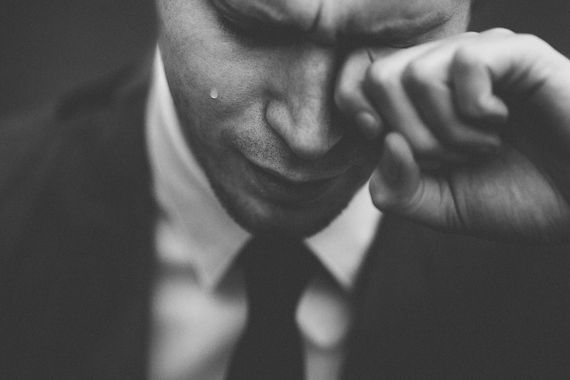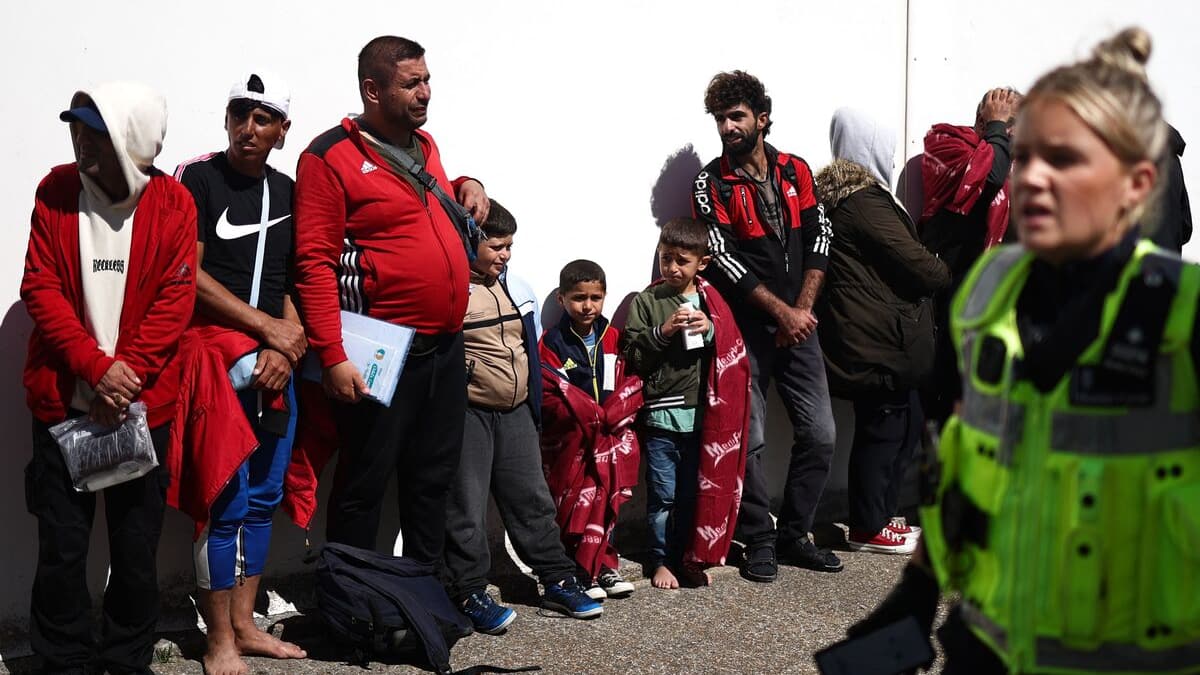
This is how British historian Eric J. Hobsbawm described the period from 1914 to 1945. Is it possible for a full-scale war to break out in light of what is happening today between Russia and Ukraine? To highlight some similarities between the current period and this era of disasters becomes tempting in the current context.
The decline of Great Britain at the end of the nineteenth centurye The century and the rise of new powers – the United States, Germany and Japan – led to two world wars to decide which one would play the dominant role. Today, according to some, the decline of the United States and the rise of China and India, as well as the return of Russia after decades of decline, put us in a dangerous position.
The United States does not accept the new multipolar reality (the presence of at least three competing great powers), while China, Russia and others increasingly resist the hegemony that Washington seeks to maintain. Throughout history, the transition from one hegemony to another has tended to cause major wars.
Listen to Richard Martineau’s interview with Michelle Roche, Professor of Political Science at QUB Radio:
The 1920s and 1930s were marked by the decline of democracy with the rise of fascism, Nazism and other types of dictatorship (Franco in Spain, Salazar in Portugal, etc.), in the context of an economic crisis that remains unparalleled. Today, in a less dramatic record – for the time being at least – we must note the rise of the radical right in developed countries. On the citizen side, opinion polls show a low correlation with democratic values.
In the United States, the world’s leading power, it is clear that democracy is in crisis, as evidenced by the attack on Capitol Hill and the refusal of millions of people to accept the outcome of the presidential election. To this must be added a new phenomenon: the ecological catastrophe with the disappearance of thousands of living species, the depletion of resources and climate change. Troubled times lie ahead.
Should we fear a new world war? Here, the greatest caution is in order. History does not necessarily repeat itself, and certainly not in the same way. Russia is economically much weaker than Germany, which was then the leading industrial power in Europe. It has neither the means – as we see it on Earth – nor the intention to invade Europe.
However, the war between Russia and NATO across Ukraine remains fraught with dangers. Nuclear weapons did not exist in the era of disasters, until the end of 1945. That year, only one country, the United States, also used them. Today Russia will have about 6000 nuclear warheads. The more the Ukrainian army wins on the ground, the greater the risk of a desperate move by the Russian authorities. It is no coincidence that Biden’s rhetoric toward Putin takes on a more “diplomatic” tone these days.
We also know that the staff of the Russian and American armies are in constant contact to avoid the worst. At the same time, the internal reality of Russia must be taken into account. Since 2014, Putin has nothing left to offer his people in terms of economic and social progress. His popularity also began to decline before the war. The fragility of his system pushes him into a spiral into which we can be drawn more directly than we already are.
However, we must not forget that political life is not a matter of mechanisms or natural laws, but of the will of the actors and citizens: reversal is always possible and generally unpredictable.
To the extent that the rise of the radical right may collide with new political trends that will cause them to lose support, the Russian people may revolt against the regime of Vladimir Putin. This is equally true for the people of China and the United States. A new era of disaster, though possible, is not necessarily inevitable.
Michel Roche, professor of political science and a specialist in Russia at the University of Quebec in Chicoutimi









